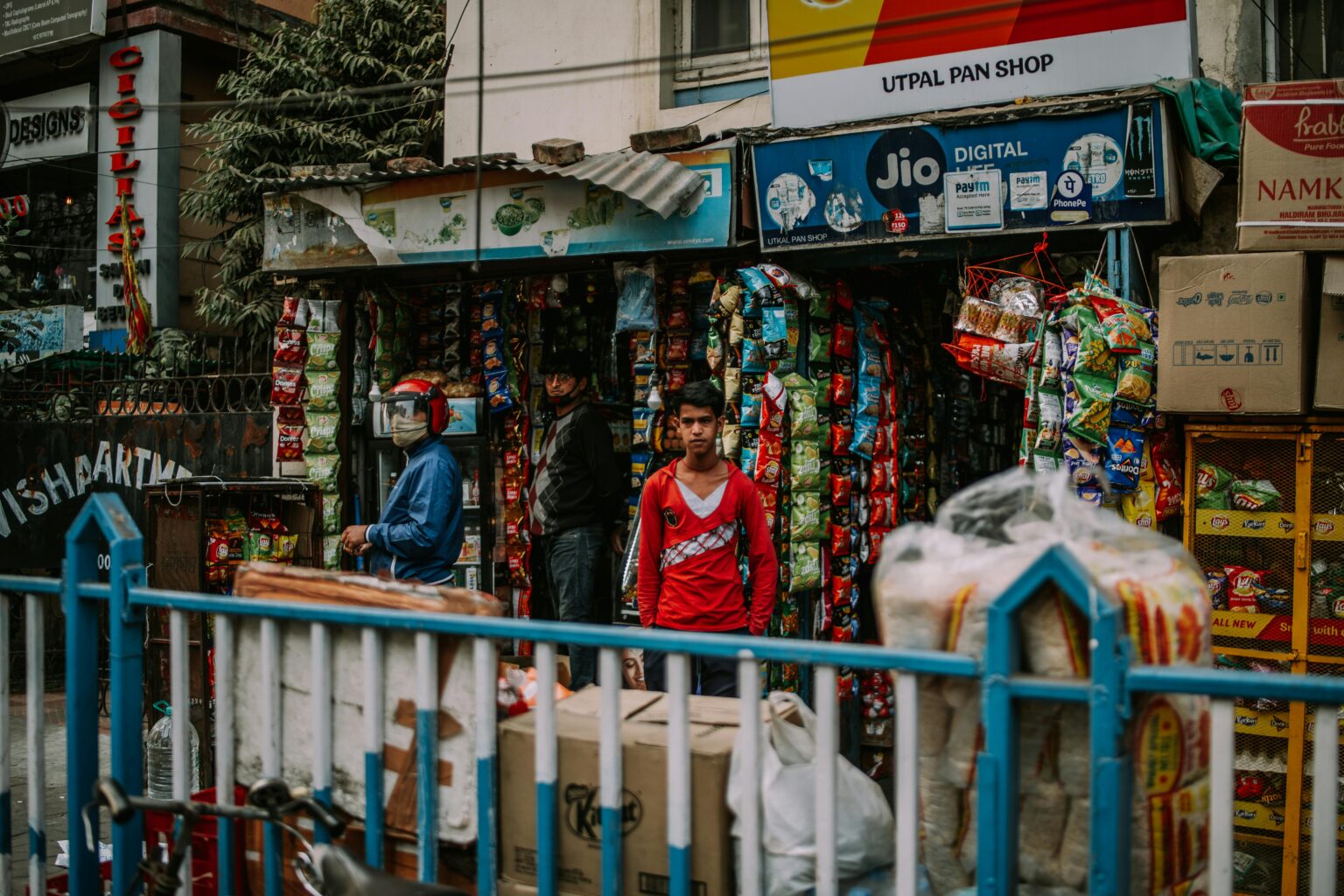India’s fast-growing quick commerce sector, led by Zomato, Swiggy, and Zepto, is facing antitrust scrutiny following allegations of deep discounting and predatory pricing.
The All India Consumer Products Distributors Federation (AICPDF) has filed a complaint with the Competition Commission of India (CCI), urging an investigation into the business practices of these companies. This development could significantly impact the future of quick commerce in India, a sector expected to reach $35 billion by 2030, Reuters reported.
The AICPDF represents 400,000 distributors supplying products from major brands such as Nestle, Unilever, and Tata to millions of retail shops across India. According to the complaint, quick commerce platforms have adopted an aggressive discounting strategy that smaller retailers cannot compete with. By analyzing 25 consumer products, the AICPDF found significant price differences between offline and online markets. For instance, a Nescafe coffee jar priced at 622 rupees ($7.14) for small retailers was available for as low as 514 rupees ($5.90) on Zepto, 577 rupees ($6.62) on Swiggy Instamart, and 625 rupees ($7.17) on Blinkit.
The rapid expansion of quick commerce has altered consumer shopping habits. A Datum Intelligence survey revealed that 36% of consumers reduced their supermarket visits, while 46% decreased purchases from independent retail stores. Such shifts have raised concerns among traditional retailers about the sustainability of their businesses.
Quick commerce, which promises ultra-fast deliveries within 10 minutes using strategically placed micro-warehouses, has gained immense popularity in India. The sector has witnessed a meteoric rise from a $200 million valuation in 2021 to a projected $35 billion by 2030. Companies like Blinkit, Zepto, and Swiggy Instamart have aggressively expanded their operations, with Blinkit leading the market share at 40% with 1,007 warehouses, followed by Zepto with a 29% market share and over 900 stores, and Swiggy Instamart holding 26%.
This success, however, has not come without challenges. The allegations of unfair pricing echo previous investigations into the e-commerce practices of Amazon and Flipkart, which were found to favor select sellers and engage in predatory pricing. Though these companies denied the claims, the scrutiny highlighted broader concerns regarding the digital marketplace in India.
The CCI will now assess the case and determine whether a formal investigation is warranted. If the regulator finds merit in the claims, it could take months to examine business practices and require companies to justify their pricing strategies. In a separate case, Zomato and Swiggy’s food delivery businesses were also found to have breached competition laws, with that investigation still ongoing.
Moreover, the rise of quick commerce has attracted other major players. Asia’s richest man, Mukesh Ambani, has been developing a similar fast-delivery model, while Amazon and Flipkart have also begun experimenting with quick commerce in select areas.
